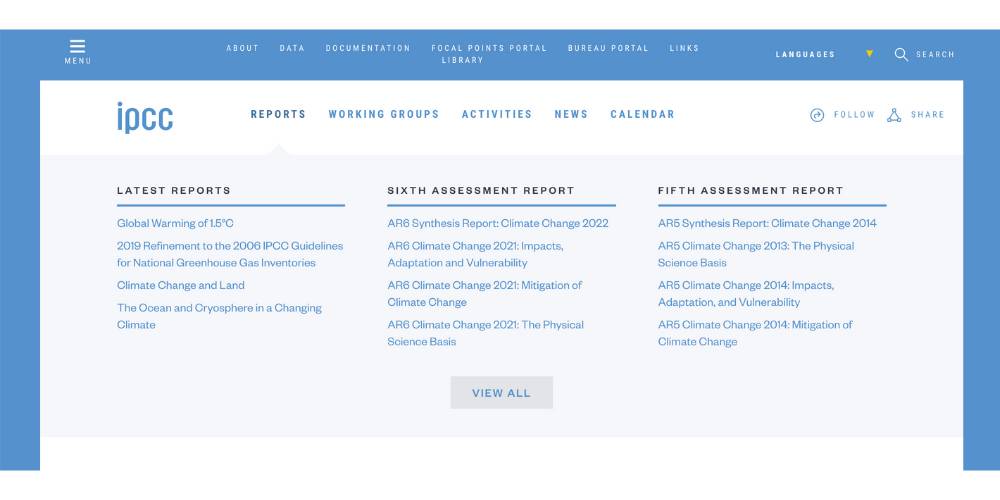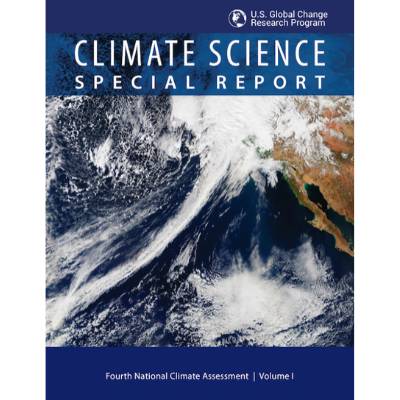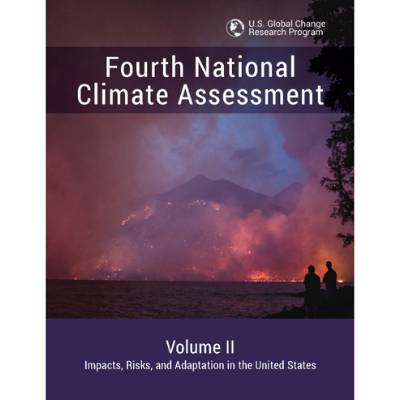Data and Reports
Scholarly publications and data on climate change.
Whether you are a student, doing research on climate change, or a teacher, looking for reliable data to create a new class assignment, this page would point you to the most reliable authoritative sources on climate change science, impacts, climate change mitigation and adaptation planning, and the latest updates on the U.S. and international climate policies and actions.

The Intergovernmental Panel on Climate Change (IPCC)
The Intergovernmental Panel on Climate Change is an intergovernmental body, dedicated to providing the world with an objective, scientific view of climate change, its natural, political and economic impacts and risks, and possible response options.
It was established in 1988 by the World Meteorological Organization (WMO) and the United Nations Environment Programme (UNEP), and has been endorsed by the General Assembly of the United Nations.
The IPCC works provides scholarly peer-reviewed information to inform the work of the United Nations Framework Convention on Climate Change (UNFCCC), the main international treaty on climate change.
[1594409013].jpg)

Thousands of scientists contribute on a voluntary basis to the work of the IPCC to produce reports cover the scientific, technical and socio-economic information relevant to understanding climate change, its potential impacts and options for adaptation and mitigation.
The IPCC does not conduct its own primary research but regularly assesses published scholarly literature related to climate change and data.
It is an internationally accepted authority on climate change.
The IPCC website reflects the structure of the Panel, including three Working Groups:
- WGI Physical Science
- WGII Impacts
- Adaptation and Vulnerability
- WGIII Mitigation of Climate Change
- Task Force on National Greenhouse Gas Inventories (TFI).
IPCC has published five assessment reports about the knowledge on climate change and is currently working on its sixth report. It has also published numerous special reports, including the most recent Global Warming of 1.5 °C.
In addition to published reports, the IPCC Data Distribution Centre (DDC) provides climate, socio-economic and environmental data, both from the past and also in scenarios projected into the future.
The IPCC DDC website is more relevant for climate change researchers, but materials contained on the site may also be of interest to:
- educators
- college students
- governmental and non-governmental organizations
- the general public

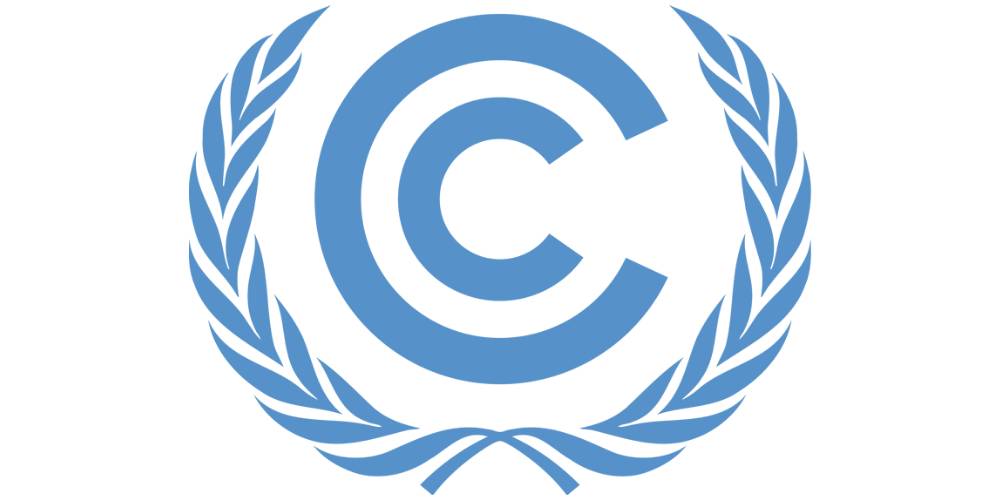
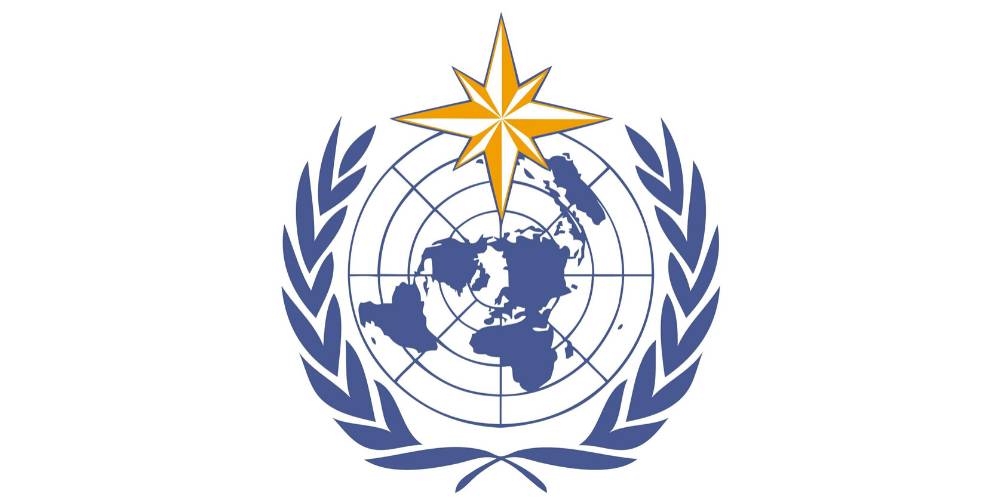
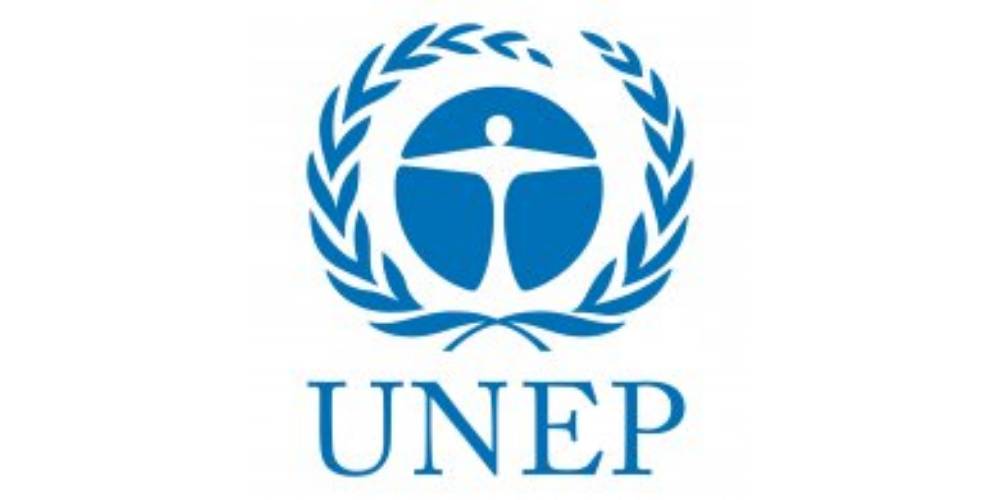
The United Nations Framework Convention on Climate Change is an international treaty on climate change. It was adopted in 1992 and entered in forced in 1994. The United States signed and ratified the UNFCCC in 1992.
Find here more information about the history of the United States and the UN Climate Change negotiations.
The World Meteorological Organization is a specialized agency of the United Nations.
WMO published its annual Statements on the status of the World Climate providing details of global, regional and national temperatures and extreme weather events. It also provides information on long-term climate change indicators including atmospheric concentrations of greenhouse gases, sea level rise, and sea ice extent.
The United Nations Environment Programme (UNEP) is also known as the UN Environment.
It is the leading global environmental authority that sets the global environmental agenda, promotes the coherent implementation of the environmental dimension of sustainable development within the UN system, and serves as an authoritative advocate for the global environment.

The U.S. Global Change Research Program (USGCRP)
The U.S. Global Change Research Program (USGCRP) is a Federal program mandated by the United States Congress to coordinate Federal research and investments in understanding the forces shaping the global environment, both human and natural, and their impacts on society.
USGCRP facilitates collaboration and cooperation across its 13 Federal member agencies to advance understanding of the changing Earth system and maximize efficiencies in Federal global change research.
The USGCRP was established by Presidential Initiative in 1989 and mandated by Congress in the Global Change Research Act (GCRA) of 1990 to develop and coordinate “a comprehensive and integrated United States research program which will assist the Nation and the world to understand, assess, predict, and respond to human-induced and natural processes of global change."
The USGCRP implements and coordinates research activities within and across agencies through its Interagency Working Groups and Coordinating Committees.
USGCRP National Assessments
The USGCRP produced four National Assessments, including the most recent USGCRP, 2017: Climate Science Special Report: Fourth National Climate Assessment, Volume I and USGCRP, 2018: Impacts, Risks, and Adaptation in the United States, Volume II, and other important reports.
Climate and Energy Policies
Georgetown Climate Center (GCC) is a part of Georgetown Law in Washington, D.C. and is a non-partisan research center seeking to advance effective climate and energy policies in the United States and serves as a resource to state and local communities that are working to cut carbon pollution and prepare for climate change. It maintains online databases and toolkits, such as Adaptation Clearinghouse, Clean Power Tool Kit, State Energy Analysis Tool, and reports on clean energy, adaptation, and transportation.
The Global CO2 Initiative is program ran through the University of Michigan which aims develop captured carbon product technologies in order to cause a decrease in global CO2 emissions. The Initiative has a number of published papers and projects, and includes a detailed look at the toolkit & roadmap that their research has utilized.
Climate Change Law and Regulations
The Columbia Law School Sabin Center for Climate Change Law provides up-to-date resources on key topics in climate change law and regulation. Resources provided on this website include Climate Change Litigation Databases, Climate Change Laws of the World Database, Climate Deregulation Tracker, and Silencing Science Tracker.


